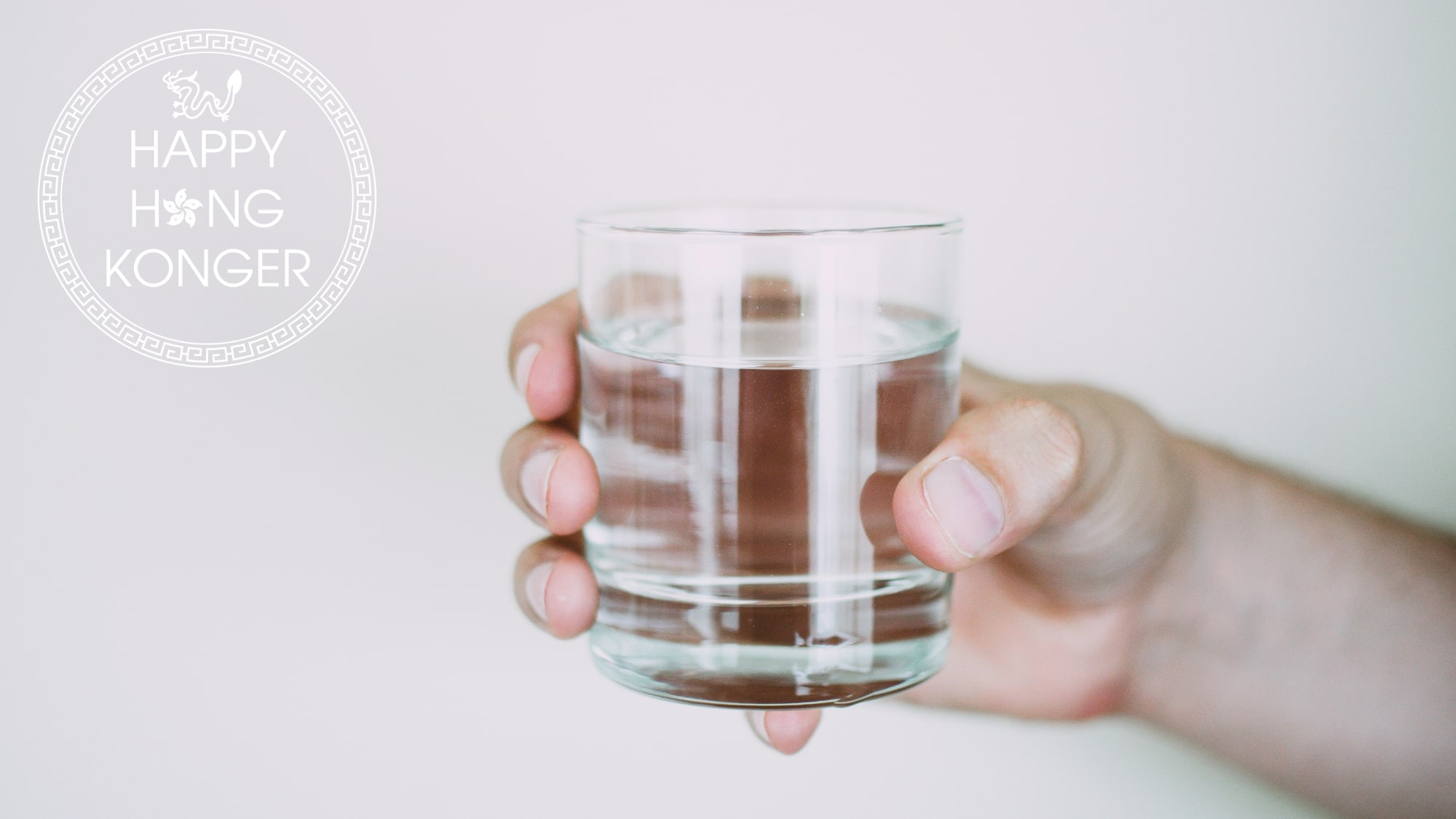Categories > Guides and Tips

Where does Hong Kong get its water supply?
- Where does Hong Kong get its water supply?
- Does Hong Kong have a water shortage?
- Why does Hong Kong have a water shortage?
- Climate Change
- Limited Water Resources
- Overpopulation
- What measures are in place to conserve water in Hong Kong?
- Urging the Use of Reclaimed Water and Seawater
- Promoting Water-Efficient Practices
- Raising Awareness
- What is the future of Hong Kong's water supply system?
Unlike other cities or countries, Hong Kong doesn’t have an independent water supply system, which is why we have to rely on other resources. That can be alarming when you realize we have 7 million residents!
This is why some might wonder from where this city sources enough water to support all of those inhabitants. In this article, we’ll answer these pressing questions along with some beneficial information you might be curious about.
Where does Hong Kong get its water supply?
Hong Kong gets its water supply from 2 primary water supply resources: Dongjiang water from Guangdong Province and seawater.
Ever since 1965, Hong Kong has been heavily relying on Dongjiang as its primary water supply. In fact, 70-80% of water in Hong Kong is sourced from Dongjiang.
Meanwhile, seawater is mainly used for flushing toilets. This started in 1955. 2 years later, they started installation of seawater flushing systems in all new houses and certain districts.
Does Hong Kong have a water shortage?
Unfortunately, yes, Hong Kong has been experiencing a water shortage in recent years.
Why does Hong Kong have a water shortage?
Hong Kong has a water shortage because of climate change, limited water resources, and overpopulation. Moreover, according to environmental scientist Berto Lee, Hong Kong might not be able to rely on Dongjiang water from Guangdong Province in the future.
Climate Change
Because of extreme weather conditions due to climate change, this is considered a threat to Hong Kong’s water supply. Why?
Here’s an example. Hong Kong summers seem more humid and hotter recently. Because of this, the water demand specifically increases during this time of year, which is an obvious danger to the water supply.
This is dangerous if people aren’t educated on the negative effects of not conserving water.
Limited Water Resources
As mentioned, Hong Kong’s water supply is not from inside the city. We have to get it from someplace else! There’s definitely a need to reduce this dependence and diversify the sources.
Overpopulation
More and more people need to use the water supply in Hong Kong because of the rising population, which is also causing the water shortage.
What measures are in place to conserve water in Hong Kong?
The measures in place to conserve water in Hong Kong are urging the use of reclaimed water and seawater, promoting water-efficient practices, and raising awareness.
Urging the Use of Reclaimed Water and Seawater
To alleviate the pressure on freshwater sources, Hong Kong has been urging the use of reclaimed water and seawater.
Reclaimed water might be a term you don’t hear a lot. It’s water from sewage that is converted into something usable for things like fire fighting, flushing toilets, cleaning vehicles, and more.
This is completely odorless and proven safe to use. However, they have no intention of replacing drinking water with reclaimed water.
Promoting Water-Efficient Practices
Hong Kong’s Water Supplies Department (WSD) is promoting water-efficient practices through public education and awareness programs in hopes of encouraging water-saving habits. This includes shorter showers, fixing leaks, and using water-saving appliances.
Raising Awareness
The local government also carries out public campaigns that aim to raise awareness about the importance of sustainable water use. By making people aware of the possible danger of not having sufficient water supply, they will feel more inclined to help save it.
What is the future of Hong Kong’s water supply system?
There is no clear answer about the future of Hong Kong’s water supply system. However, it is likely that the government will continue to use different combinations of strategies to help reduce as well as keep up with the demand.
Ultimately, the future of Hong Kong’s water supply system will depend on the efficacy of the government’s approach as well as the proactiveness of its citizens to help solve the problem.





